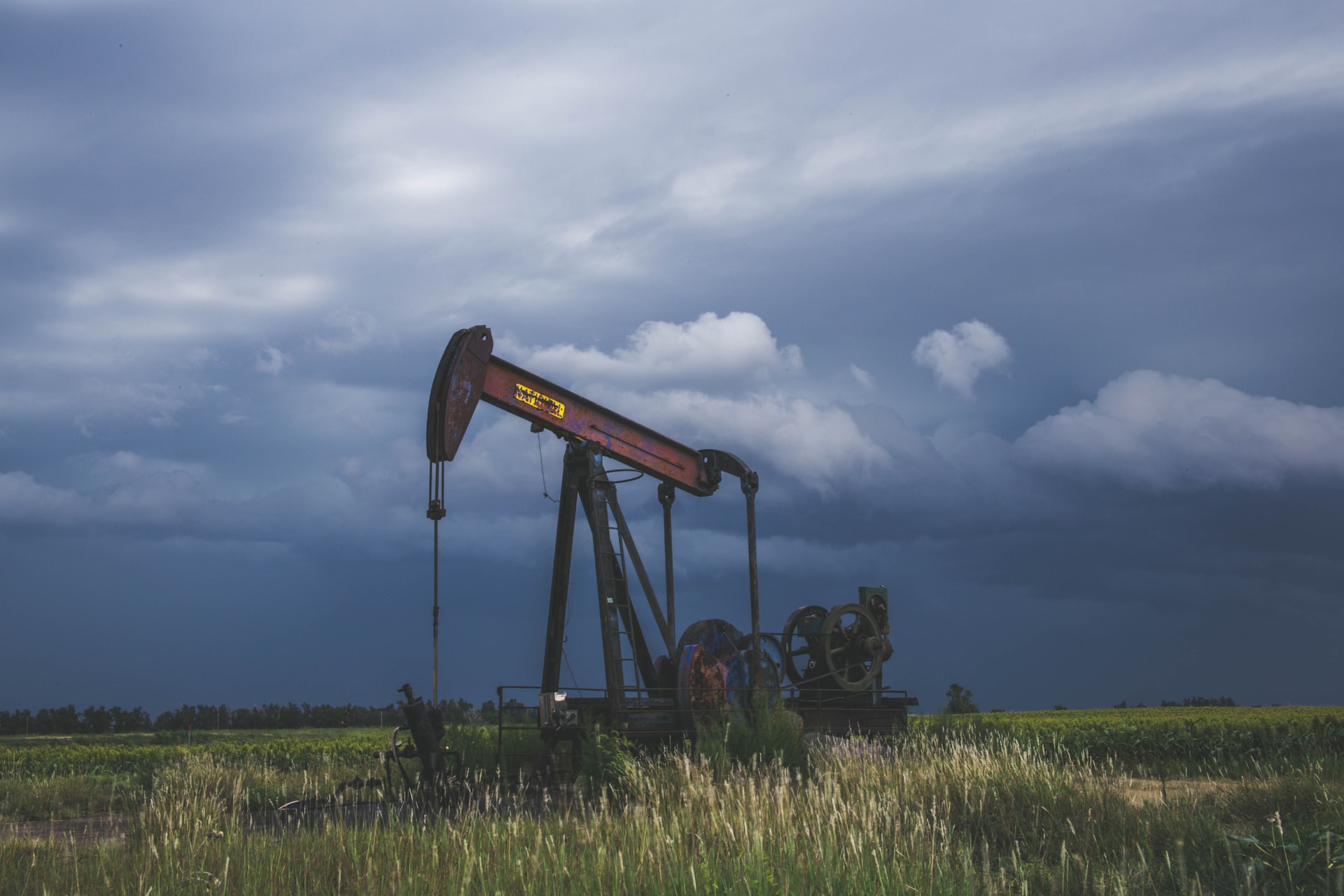Canada News
Foreign-owned oil companies in Canada hold key to climate change

A new study reveals shareholder resistance to companies embracing climate targets, preferring instead to protect the bottom line.(File photo: Jeff W/Unsplash)
Canada’s oil and gas industry is at a crossroads. With global targets to rapidly reduce carbon emissions, Canada’s continued expansion of fossil fuel production appears misaligned and threatens climate stability worldwide. Yet supply-side policies that directly limit oil and gas production, like the promised oil sands emissions cap, remain politically elusive in Canada.
But a hidden lever could be pulled to halt this disaster. Our new study reveals how foreign investors may hold the key to limiting the production and emissions of Canada’s oil sands giants. While prominent shareholders publicly favour climate action, they may be reluctant to disrupt the status quo and expose themselves to financial risk in exchange for climate stability. Government intervention is required.
The hidden owners of Canada’s oil sands
Our research examines an alternative, powerful mechanism to potentially curb fossil fuel production in Canada – capital markets. Specifically, the research analyzes who owns the major shares in Canada’s largest oil companies and their power to influence climate change targets in the country.
Ownership of Canada’s largest oil sands companies is highly concentrated, with just 14 prominent shareholders collectively controlling significant portions of Imperial Oil, Cenovus Energy, Canadian Natural Resources and Suncor. More striking is that over 70 per cent of these major shareholders are foreign entities.
Defining fossil fuel projects by climate impact is critical
Ottawa must think carefully about subsidies for oil and gas emission reductions
Exxon Mobil retains majority ownership (70 per cent) in Imperial Oil, while China’s Hutchison Whampoa owns 40 per cent of Husky Energy. Together, financial giants like Capital Group, Fidelity and BlackRock hold over 25 per cent of Canada’s largest oil sands producers.
This foreign and concentrated ownership has grown substantially over the past decade. Consequently, Canada has lost not only domestic ownership, but also potential leverage to align production with national climate targets.
While the study focuses specifically on Canadian oil companies, these types of foreign holdings are common in the oil and gas industry and other carbon-intensive sectors. As climate impacts escalate, transparency and prudence requirements on institutional investors will play an important role in curtailing unsustainable production.
The analysis also shows these oil companies rely heavily on external financing, with debt loads around 60 per cent — far higher than the 30 per cent global average for oil and gas firms. These bloated debt loads are largely due to the fixed costs of oil sands production.
Extracting viscous bitumen requires complex mining infrastructure and intensive processing. Given the investments in fixed assets, shareholders will wish to see full returns on these projects and will resist actions that lead to financial losses.
While shareholders acknowledge climate risks, many are unlikely to intervene in corporate strategy that curbs emissions or production. Massive debt burdens not only lock companies into dependence on existing fossil fuel assets, but also exposes shareholders to escalating financial risks as climate regulations like carbon pricing proliferate worldwide.
Imperial Oil, majority owned by ExxonMobil, carries the highest debt load at 70 per cent. Any asset stranding in Canada’s oil sands would have a direct effect on Exxon and its shareholders’ returns.
Misaligned priorities
Despite acknowledging climate risks, prominent shareholders like BlackRock and Capital Group opposed more than half of the climate-related shareholder resolutions in recent years, while maintaining a public stance for climate action. This reveals a fundamental misalignment between shareholder priorities and climate stability.
This example demonstrates that shareholders are motivated to maintain status quo returns, not slash production capacity. The oil and gas industry also lobbies policymakers to stave off regulations that could jeopardize their profitability.
Consequently, while climate risks are recognized, shareholders are unlikely to intervene in corporate strategy in ways that curb emissions or production. Without government intervention, investors will continue financing carbon-intensive operations that endanger a stable climate.
Policy interventions are required
Concentrated foreign ownership indicates a clear entry point for policymakers. Canada can look to interventions like financial regulations which have been used to restrict unsustainable economic activities abroad.
Mandatory climate risk disclosures by European banks under the EU’s Sustainable Finance Disclosure Regulation (SFDR), for example, now require reporting on exposures to fossil fuel assets.
If mandated by Canadian financial regulators, enhanced disclosures of physical asset risks (such as the potential for financial losses under different global warming scenarios or assessments of losses from policy and technology shifts) could curb continued capital inflows to carbon-intensive oil sands projects.
Implementing financing regulations that discourage debt-enabled expansion of traditional oil sands infrastructure could also help break the cycle of rising emissions and stranded asset risk.
Financial policy for climate stability
This new research highlights the need for bold financial policies that redirect capital away from fossil fuel expansion. Market forces alone will not achieve the managed, orderly wind-down of oil and gas required to meet science-based climate targets.
Government intervention is needed to resolve the misaligned incentives of financial institutions and align markets with the global low-carbon transition.
Constraining fossil fuel production requires cutting with both arms of the scissors. Supply-side financial regulations must accompany demand-side solutions like carbon pricing and clean energy supports.
Policy provides confidence for investors to transform business models, but supply-side policies are also essential to avoid further carbon lock-in.
As the effects of climate change escalate, governments and investors must choose to either positively embrace decarbonization or be held accountable for perpetuating climate instability. The hidden owners of Canada’s oil giants need to pick a side.
This article first appeared on Policy Options and is republished here under a Creative Commons license.





















